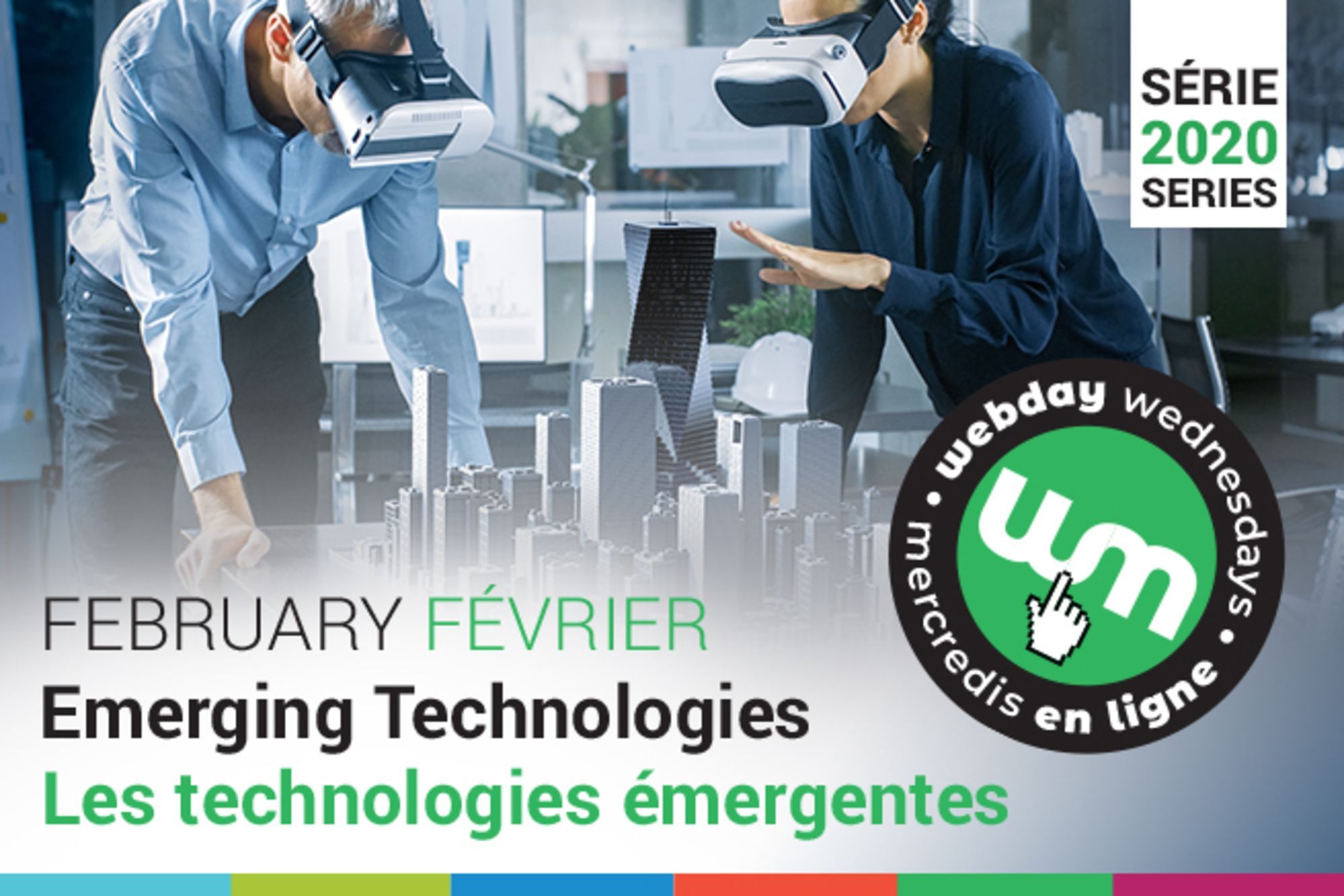
Virtual Reality (VR) has become a wildly popular tool for not only the presentation of a project but also the process of designing a space. The use of this tool can help us overcome one of the largest challenges as designers – convincing the client that our 2D representations will feel the same when constructed in reality.
The Emergence of Virtual Reality: Using Game Engines to Visualize 3D Space
Topics: Advanced Technology / BIM
Length: 1 hour | What's Included: Video, quiz, and certificate of completion
This webinar is ready to stream!

Virtual Reality (VR) has become a wildly popular tool for not only the presentation of a project but also the process of designing a space. The use of this tool can help us overcome one of the largest challenges as designers – convincing the client that our 2D representations will feel the same when constructed in reality. VR allows the user to gain a sense of scale and space that a drawing simply cannot.
In this webinar, Carleton Immersive Media Studio researchers Joshua Chartrand and Julia Laninga will detail the process of bringing a Building Information Model (BIM) into Unreal Engine for use in a Virtual Reality headset. Using the Canadian Senate Foyer as a case study, they will first show how to convert the model into an Unreal asset using a commercial plugin, Datasmith. Next, they will demonstrate the problems that can occur when bringing Revit-based geometry into a game engine. Afterward, they will share a simple workflow on how to clean up a mesh in a 3D modeling software. Finally, they will compare the results between an untouched mesh and an optimized mesh in a Virtual Reality headset.
Learning Outcomes:
At the completion of this webinar, participants will be able to:
- Describe the basic concepts and characteristics that define a Virtual Reality experience and explain how Virtual Reality experiences can be utilized for the Architecture, Engineering, and Construction (AEC) industry;
- Analyze an architectural model and realize how to break down its components for use in a Virtual Reality compatible software, ie. commercial game engines.
- Apply basic mesh optimization techniques towards polygon models for use in-game engine environments;
- Develop a simple Virtual Reality experience in Unreal Engine from a Building Information Model using Revit and Datasmith.
Subject Matter Experts:
Joshua Chartrand l Bachelor of Information Technology l Carleton Immersive Media Studio
Julia Laninga l Bachelor of Information Technology l Carleton Immersive Media Studio
Available Until: December 31, 2022
Pricing A-La-Carte
Member: $50 / Non-Member: $75
Intern Member: $35 / Intern Non-Member: $50
Student: $25 (must be an RAIC student associate member)
This is a recording of a live event.
This webinar is part of a series! See more like this here.



